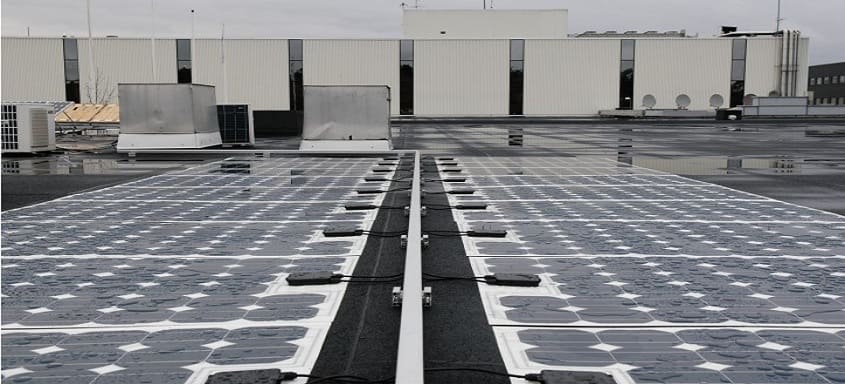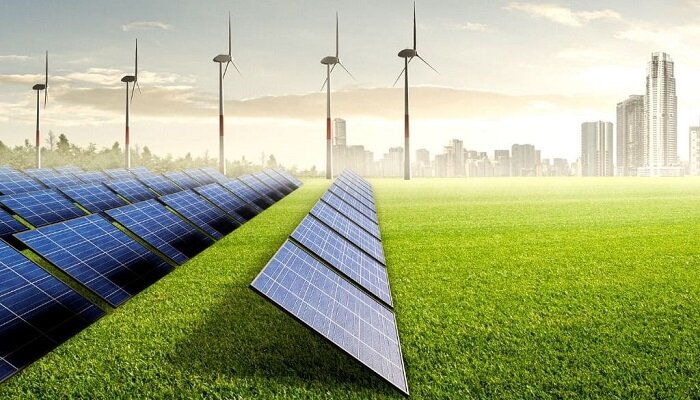Achieving the targets of the energy transition could very well go on to face delays should there be any lacuna in the critical mineral supply that is used in manufacturing essential green energy technologies, as per a report rolled out by GlobalData. The report states that the ambitious goals to scale up sources of energy such as wind, solar, and nuclear are indeed straining natural resources.
As per the senior analyst of Thematic Intelligence at GlobalData, Isabel Al-Dhahir, numerous minerals that are crucial for the energy shift are facing all kinds of supply-side constraints. These go on to include shortages in supply, monopolisation of resources, and impediments that are geopolitical in nature.
It is well to be noted that the five most critical minerals that are used to create batteries when it comes to electrical vehicles as well as renewable energy technology happen to be cobalt, nickel, copper, lithium, and other rare elements.
She added that geopolitics also happens to play a significant role when it comes to the discussion pertaining to critical minerals, as there are many of them that are restricted to certain geographies of the world only, with China being the dominating country controlling procurement as well as processing. All this has helped accelerate development as far as China’s electric vehicle and energy transition industries are concerned. Apparently, following a delayed reaction, both the US and the EU are seeking to balance the scales.
It is well to be noted that the race to control the mineral assets has gone on to give thrust to intense competition between the US, China, and the EU, with China at present dominating the mineral supply chain as well as the creation of energy development technologies.
Significantly, both the US and Europe have gone on to commit billions in terms of financial support to their respective energy transition industries and have also created independent mineral supply chains so as to level the playing field, said Al-Dhahir.












































